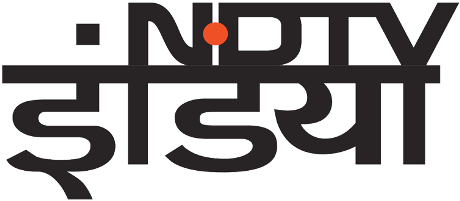

Is NDTV India Above The Law of The Land?
If we see the chorus of support for the one day token ban on NDTV India rising to a crescendo, it seems that the media is above the law of the land. According to the government, NDTV India violated 6(1)(p) of the Programme Code under Cable TV Network Rules, 1994. This rule was notified in June 2015 and says that no TV channel can broadcast live any counter-offensive against terror attacks as it could give out sensitive information to terrorists and their handlers. NDTV India broadcast live the terrorist attack on the Pathankot air base on 4th January 2016. According to the channel, it did not broadcast anything of sensitive nature. But the government holds the opposite view. The penalty for violating the rule is a 30-day blackout, but NDTV India has been handed out just a one-day token ban as it was a new rule and this was the first instance of violation.By Slogger
First publised on 2016-11-05 11:52:08
If the rule exists, channels must follow it, period. There can be no exceptions. The channel is not qualified to decide what sensitive information is. It is for the security forces and the government to decide whether the rule was broken. Further, the rule explicitly states that no programme should be carried in the cable service which contains live coverage of any anti-terrorist operation by security forces, wherein media coverage shall be restricted to periodic briefing by an officer designated by the appropriate Government, till such operation concludes. Hence, by putting out the live telecast that disclosed the location of the terrorists before the operation ended, NDTV India has violated the rule and must now face the consequences. Those supporting the channel have little regard for the laws of the land. They are in fact supporting an illegal act in the name of press freedom.
It is very easy to harp on press freedom. But when a terror counter-offensive is underway, the lives of hundreds of soldiers in at stake. If channels choose to ignore the law of the land and telecast the operation live, the handlers can inform the terrorists of the exact location and the strategy of the security forces, putting the lives of soldiers at risk. Channels should desist from doing this voluntarily, but TRPs matter more than the lives of soldiers. If the media thought that rule 6(1)(p) infringed on the freedom of the press, the time to protest was when it was introduced. Or, it could have been challenged in the courts. But since nothing was done by any media body and the rule exists, it has to be followed. Violation will attract penalty and NDTV India must face it. If it still has doubts, it can always challenge the ban order legally. Those who are saying this is like the Emergency do not have an iota of knowledge what Emergency was.











